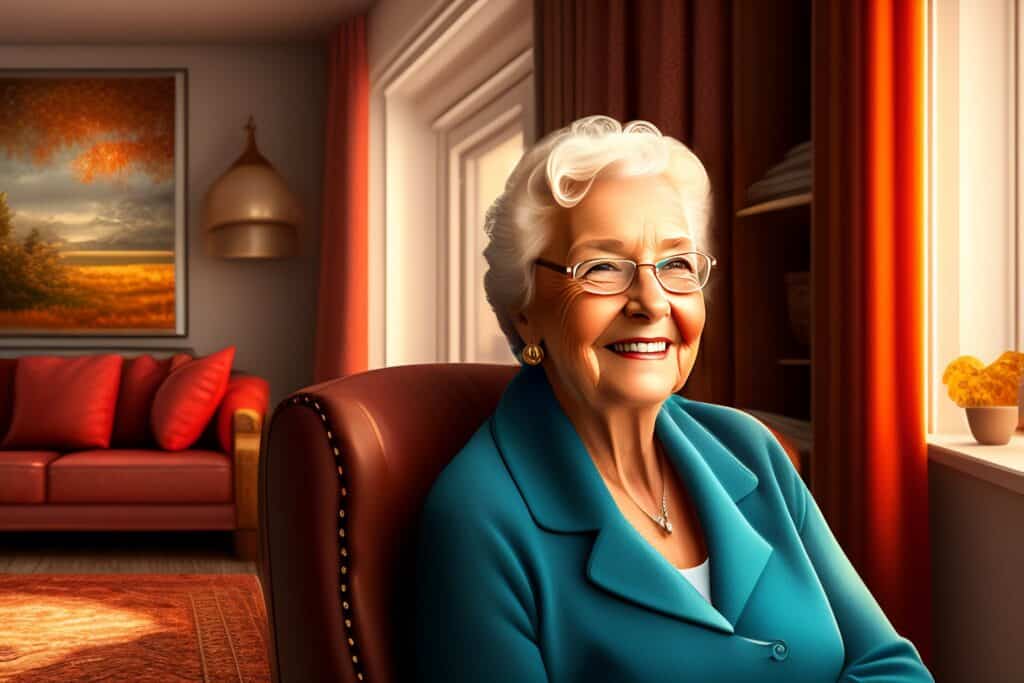As seniors approach retirement age, they often face financial challenges that can make it difficult to maintain their standard of living. Fortunately, there are several financial tools available to help seniors achieve financial freedom and peace of mind in their golden years. One option worth considering is a reverse mortgage, which can provide seniors with the financial resources they need to live comfortably and securely.

A reverse mortgage is a loan that allows seniors to convert the equity in their homes into cash. Unlike a traditional mortgage, a reverse mortgage does not require monthly payments. Instead, the loan is paid back when the borrower sells the home, moves out, or passes away. This can be an attractive option for seniors who have built up equity in their homes but may not have enough income to meet their financial needs.
One of the biggest advantages of a reverse mortgage is that it can provide seniors with a source of tax-free income. This can be particularly beneficial for seniors who have limited retirement savings or who are struggling to make ends meet. With a reverse mortgage, seniors can access the equity in their homes without having to sell or downsize, allowing them to maintain their standard of living and financial independence.
Another advantage of a reverse mortgage is that it can provide seniors with a financial safety net. As we age, unexpected expenses can arise, such as medical bills or home repairs. With a reverse mortgage, seniors have access to funds to cover these expenses, without having to dip into their retirement savings or rely on family members for financial assistance.
Additionally, a reverse mortgage can provide seniors with the ability to age in place. Many seniors prefer to stay in their homes as they age but may be unable to do so due to financial constraints. With a reverse mortgage, seniors can access the equity in their homes to make necessary home improvements or modifications, such as adding wheelchair ramps or installing grab bars, to make their homes safer and more accessible.
Moreover, a reverse mortgage can help seniors pay off high-interest debt, such as credit card balances or medical bills. This can free up more of their monthly income to cover other expenses and alleviate financial stress.
Seniors who are considering a reverse mortgage should work with a reputable lender who can guide them through the process and answer any questions they may have. It’s important to understand the terms and conditions of the loan, including any fees and interest rates, before making a decision.
To qualify for a reverse mortgage, seniors must be at least 62 years old and have sufficient equity in their homes. The amount of the loan is determined by several factors, including the borrower’s age, the value of the home, and current interest rates.
It’s important to note that a reverse mortgage is not for everyone, and seniors should carefully consider their financial goals and needs before applying for a reverse mortgage. A reverse mortgage may not be the right option for seniors who plan to sell their homes in the near future or who have significant long-term care needs.
In conclusion, a reverse mortgage can provide seniors with financial freedom and peace of mind in their golden years. By providing a source of tax-free income, a financial safety net, and the ability to age in place, a reverse mortgage can help seniors maintain their standard of living and independence. Seniors who are considering a reverse mortgage should work with a reputable lender and carefully consider their financial goals and needs before making a decision.
